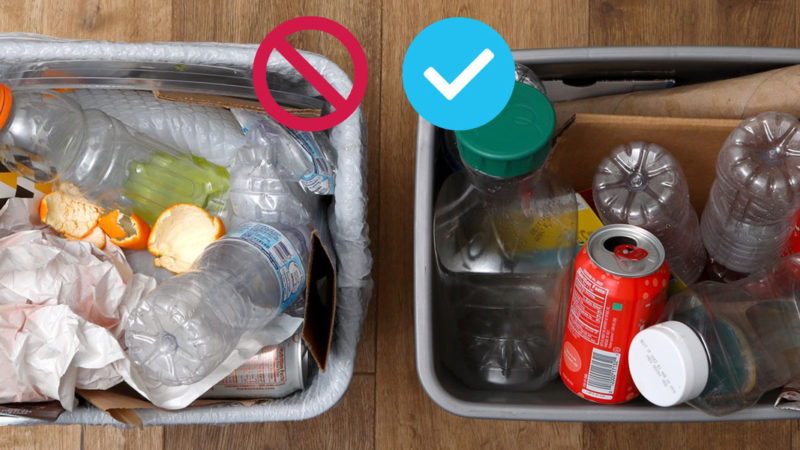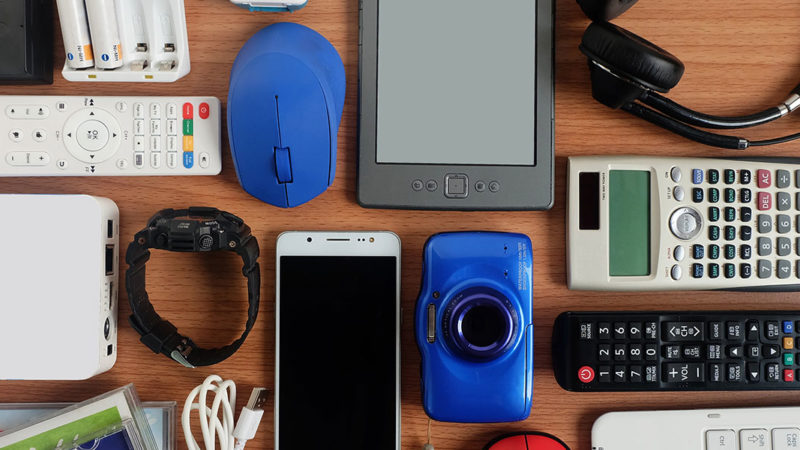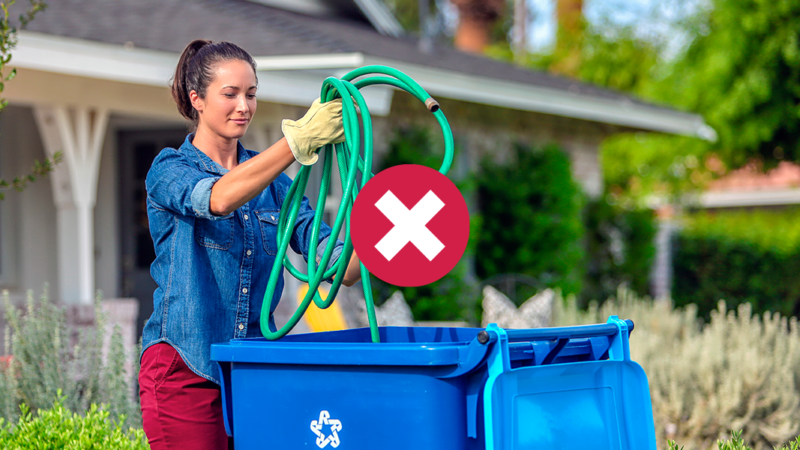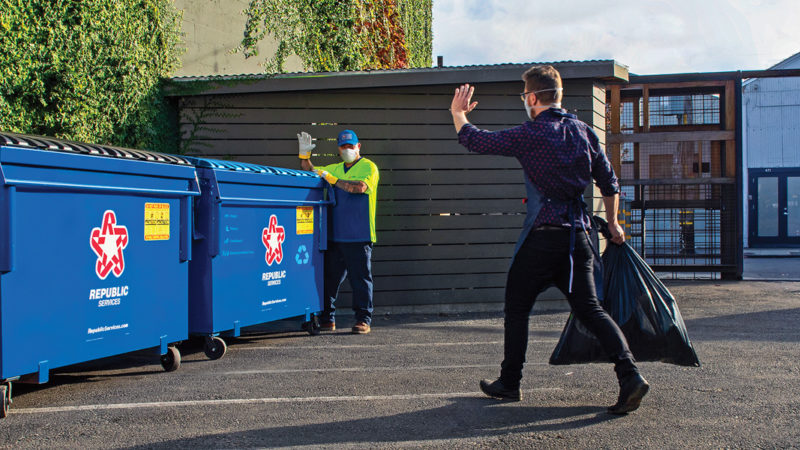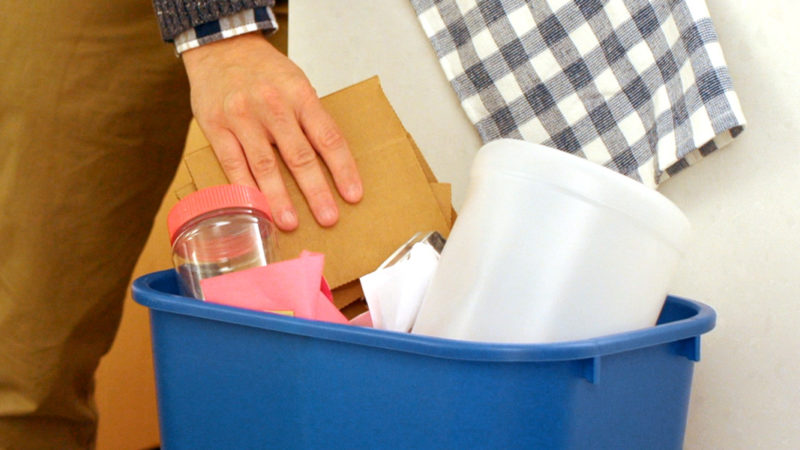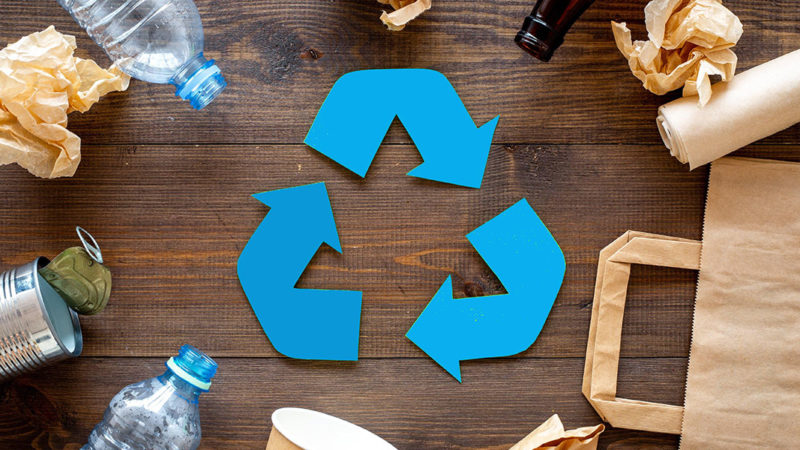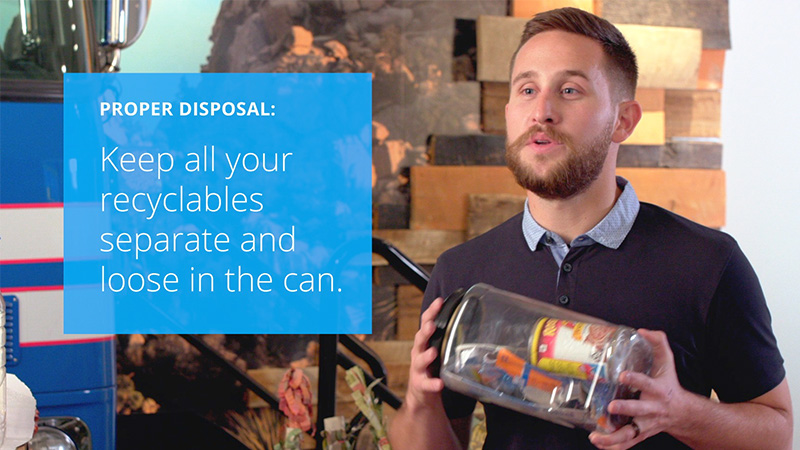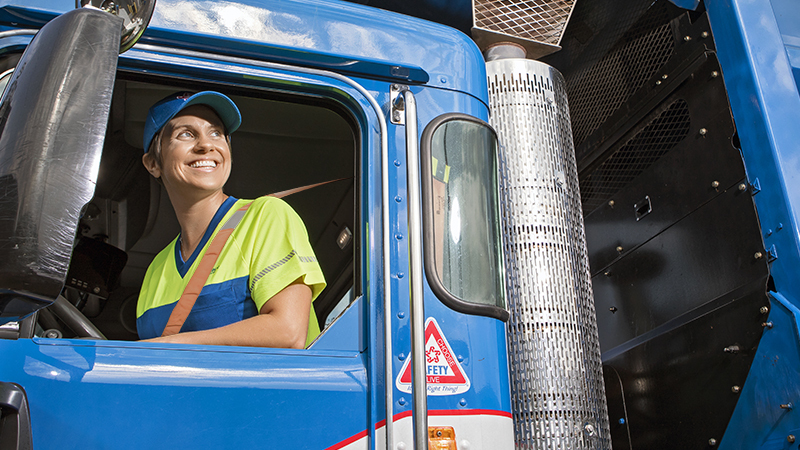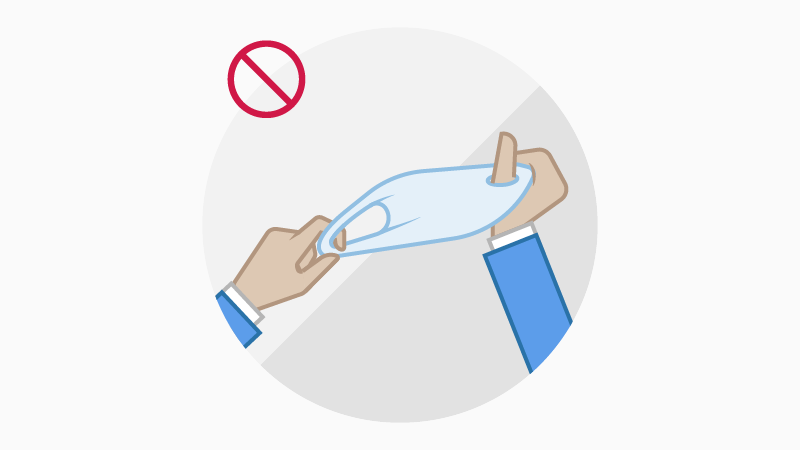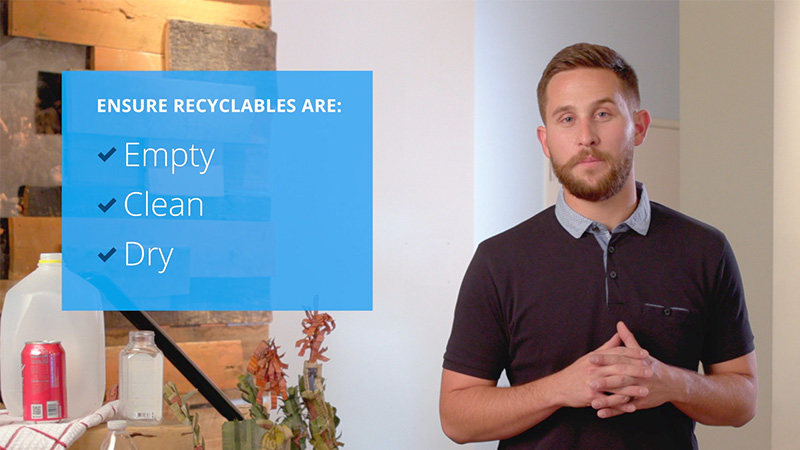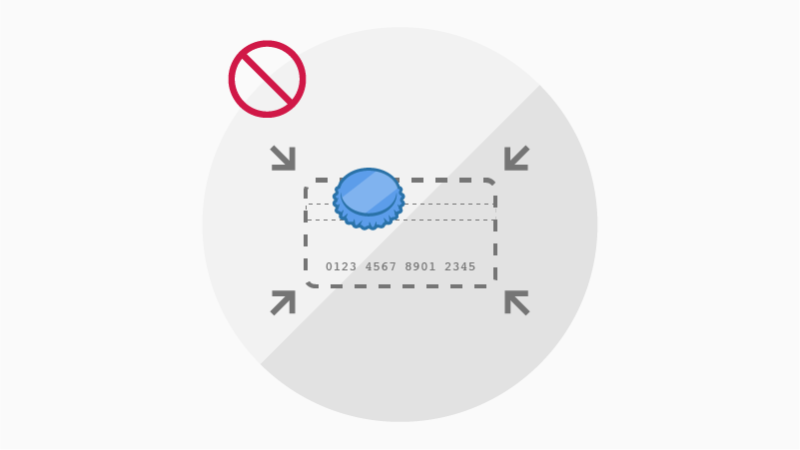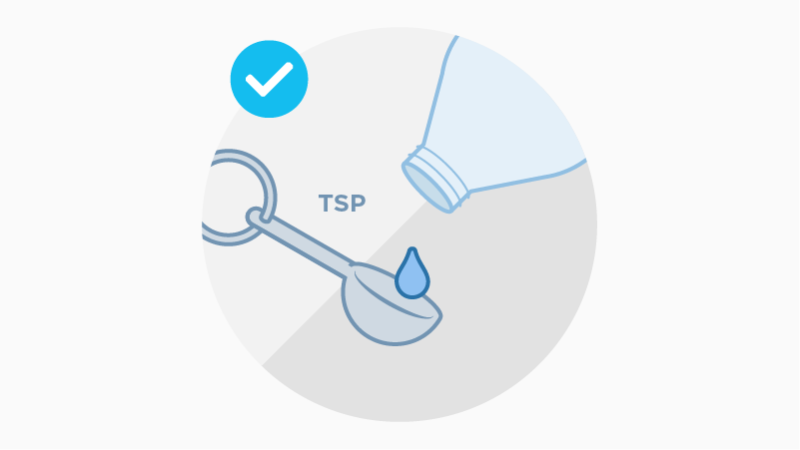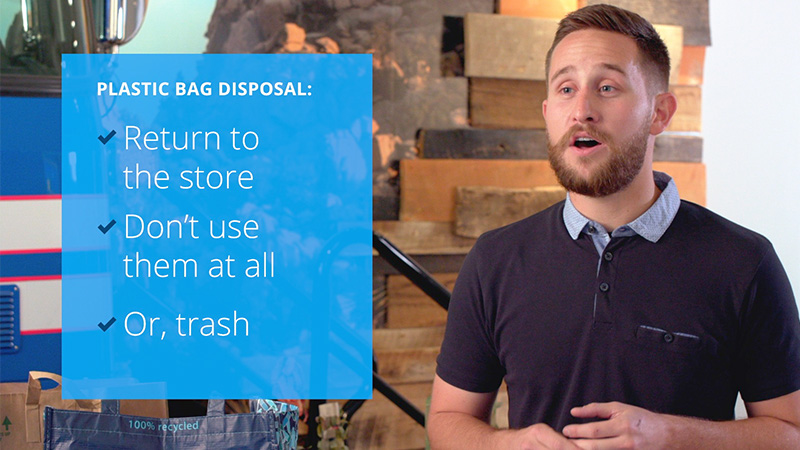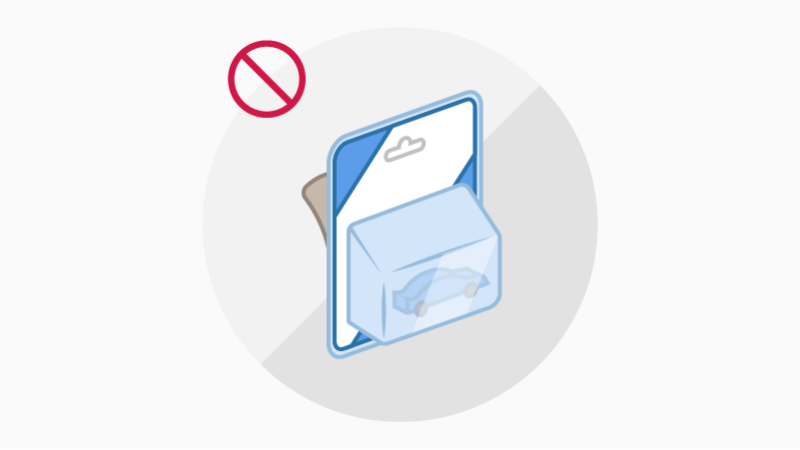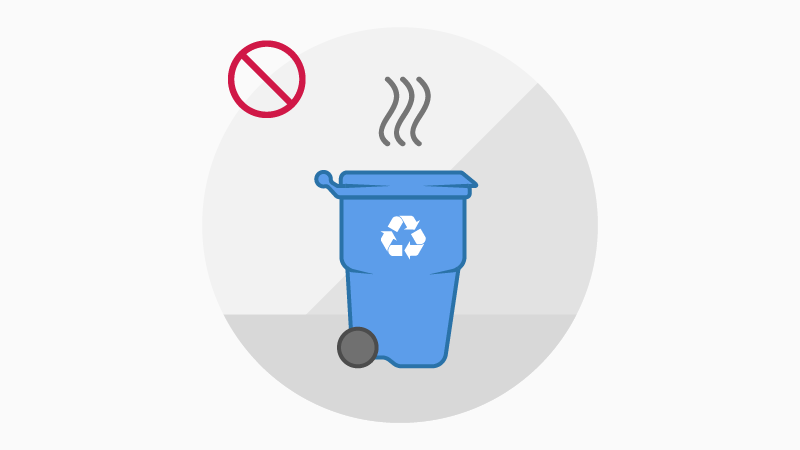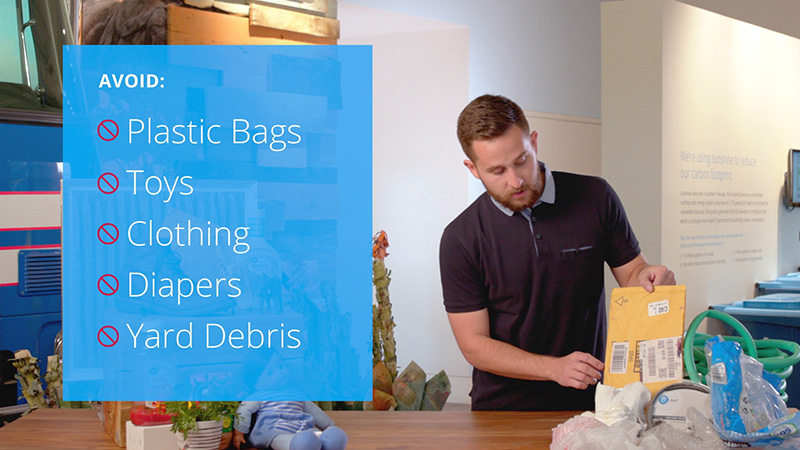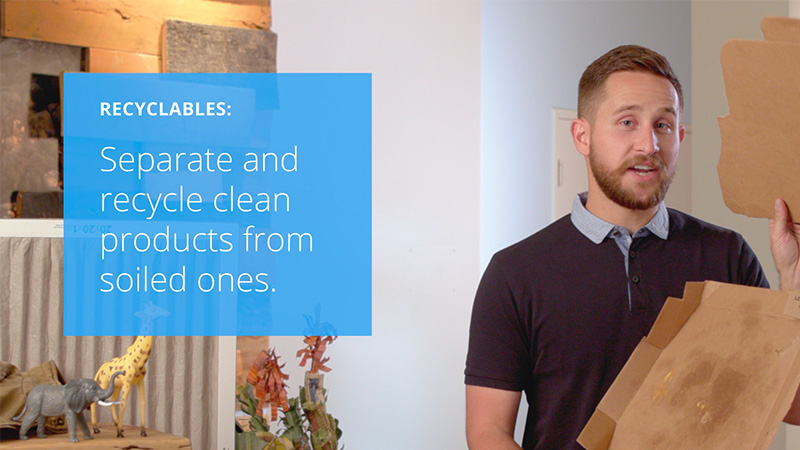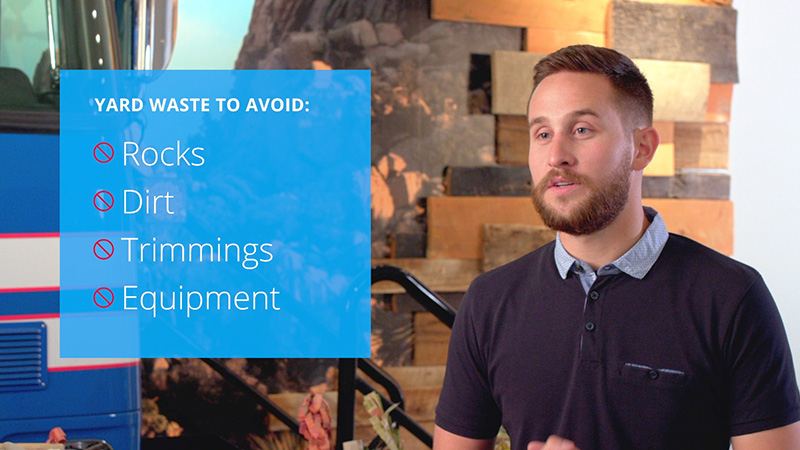Become an Expert Recycler
You can make a difference! Learn to avoid common mistakes, determine what’s recyclable and what’s not, and use best practices for keeping your recycling clean and simple.
Watch videos in
How to Safely Recycle Battery-Powered Electronics, Toys and E-Waste
It’s important to recycle old electronics the right way.
The Importance of Recycling During a Pandemic
Maintaining our eco-friendly habits during the pandemic
The Right Stuff
Know what to throw.
- Get familiar with the four major categories of recyclables: paper, cardboard, plastic containers and beverage/food cans.
- There is no need to bag your clean recyclables.
- Don’t combine different kinds of recycling materials inside another container.
Why Recycling Matters
Recycling makes a difference in the health, safety and cleanliness of your community.
Empty. Clean. Dry.™
Don’t contaminate the recycle stream.
- Be sure your recyclables are empty, clean and dry before you put them in your recycle container.
- Rinse to remove any residual material (you don’t need to wash it).
- Clean recyclables don’t contaminate other types of materials, so the recycle stream stays out of the landfill.
Plastics
Which plastic items can go in your recycling container?
- Recycle plastic bottles and jugs. Water bottles, beverage bottles, milk or juice jugs, detergent and cleaning bottles.
- Flexible plastics (grocery bags, plastic packaging, bubble wrap) and styrofoam packaging require special handling and do not belong in the recycle container.
- To dispose of plastic bags, you can return them to the store where you got them.
Common Contaminants
What doesn’t belong in your recycling container?
- Don’t bag your recyclables – place them in your recycling container loosely.
- Grocery bags and other flexible plastics will get caught in the machinery.
- Many common household items (shoes, toys, clothing) can be reused but NOT recycled.
When In Doubt, Throw It Out
Wondering if something can be recycled?
- If it has food waste, it belongs in the trash. For example, you can recycle the clean part of a pizza box, but throw away the greasy part.
- Paper plates, paper towels and napkins belong in the trash, not the recycle container.
- Just one dirty bottle can contaminate the contents of a whole recycling truck.
Yard Waste
Yard waste does not belong in the recycle container.
- Composting options for tree trimmings and other yard waste may be available in your community, but not via your recycle container.
- If you’re interested in composting, contact your local community or look for options online.
- Garden hoses cannot be recycled – when worn out, put them in your trash can.
Want to Learn More?
We’ve put together some guidelines that are as simple as 1-2-3. We’ve also created additional informative resources you can download for easy reference.
Learn the Basics View Resources
